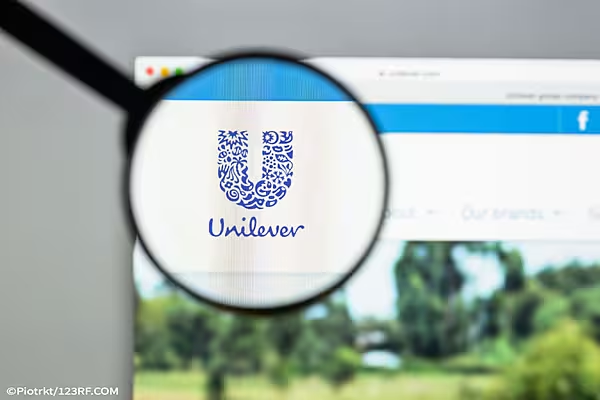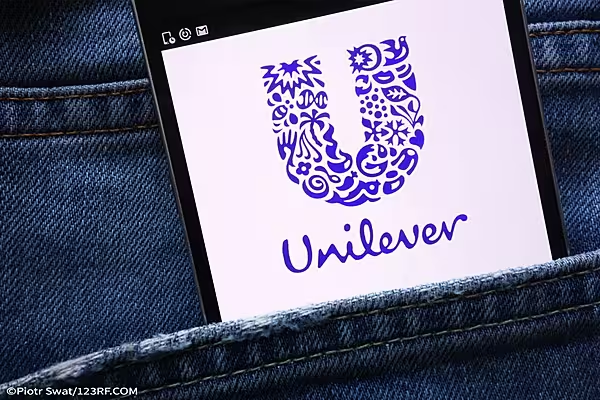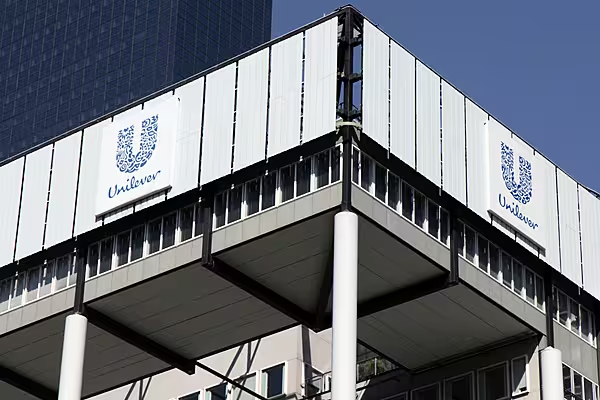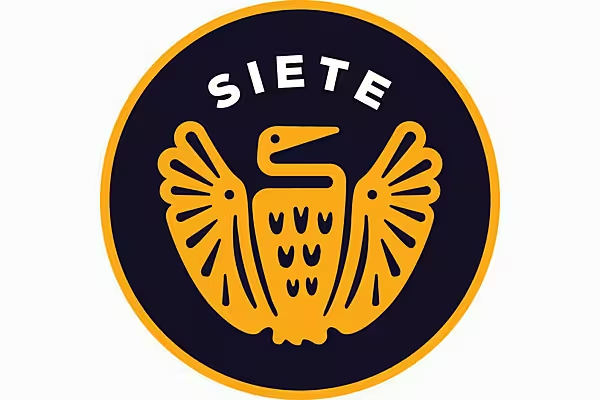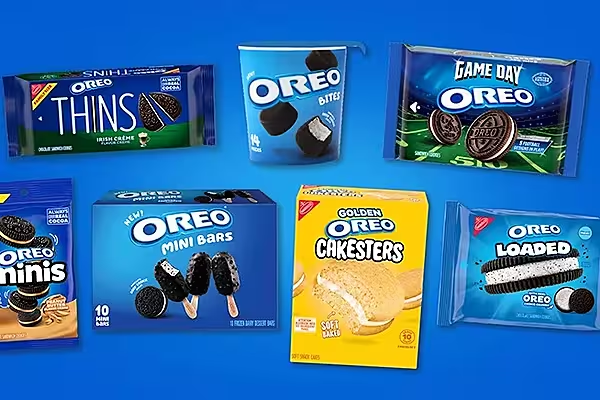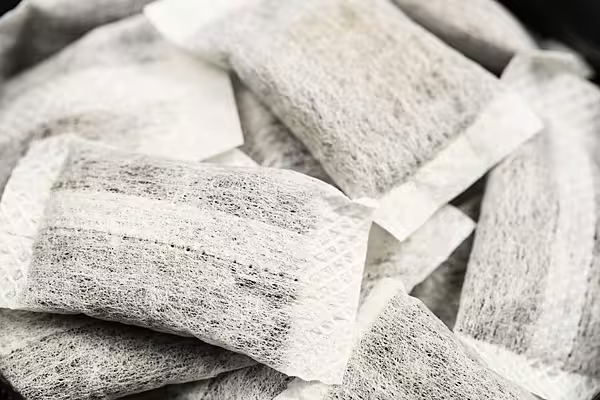Unilever has reported a 8.1% increase in sales in the first half of its financial year, driven by price increases – in the second quarter, prices for its products were 11.2% higher, which had some negative impact on volumes, the company said.
“Unilever has delivered a first half performance which builds on our momentum of 2021, despite the challenges of high inflation and slower global growth," chief executive Alan Jope commented.
Here's how leading industry analysts viewed its performance.
Russ Mould, AJ Bell
“It is early days but perhaps the Nelson Peltz effect is already at play at consumer goods giant Unilever. The billionaire activist was only added to the board a matter of months ago but already Unilever seems to be getting a better hearing from the market.
“Just as in the first three months of the year, the trend for rising prices to be met by falling volumes has continued.
“Consumers trading down to cheaper alternatives is an obvious risk for Unilever but, rather than trying to compete on price, the company is better off protecting itself from inflationary pressures by testing its pricing power.
“In fairness, the volume declines weren’t too alarming, suggesting its brands retain their hold over shoppers for now. Longer term, protecting the integrity of these brands by not compromising on quality to reduce costs is important.
“With Peltz on board, investors may have more confidence in a pretty bloated Unilever slimming down. This could streamline decision making and allow Unilever to be the best version of itself – and it certainly has some attributes which make it stand out including a strong footprint in emerging markets and decent returns on capital.”
Charlie Huggins, Wealth Club
"Today's results from Unilever, the maker of Marmite, Magnums and Ben & Jerry’s ice cream, look ok under the circumstances. Inflation remains very high and this is putting pressure on input costs. In response, Unilever has continued to raise prices which inevitably is having an impact on volumes. In fact, volumes fell across every category and region in the second quarter, albeit investors may take some encouragement from the fact that the volume declines were relatively modest. Margins remain under pressure, but the outlook at least hasn't worsened, with full year margin expectations maintained.
"Unfortunately, one solid quarter doesn't change the fact that Unilever is facing some major challenges right now, many self-inflicted. Arguably the biggest is management credibility. Unilever’s board and management have not covered themselves in glory over the last five years. The recent arrival of activist investor, Nelson Peltz, on the board is another sign all isn’t well and could be seen as the last throw of the dice to get shareholders back on side.
"Unilever’s basic problem is that it’s too big, with over 400 brands sold into more than 190 countries. It also has 149,000 people worldwide, including 6,000 in the UK and Ireland although it did cut 1,500 managerial jobs earlier in 2022, as part of a massive shake up aiming for a new, simpler organisation structure.
"While size brings certain advantages, it can also act as a massive anchor. It makes Unilever much less agile and entrepreneurial than smaller competitors. The company admits this itself and knows it needs to speed up decision making. But it’s always going to be very hard for a company of Unilever’s size to match the speed of smaller peers. In a world that’s changing so quickly, that’s a risk. It also means opportunities for growth are likely to be missed."
Gospel Obele, GlobalData
“As the cost-of-living crisis worsens, Unilever must consider whether increasing prices is a sustainable strategy in the face of falling volumes, and if a cost-saving approach to restructuring operations will yield better volume growth, as consumers adopt new shopping habits. The global inflation challenge has led to cost increases throughout the supply-chain, with manufacturing companies suffering more significantly from this setback.
"Despite supply constraints not fizzling out soon, this reactionary approach is unsustainable for growth for the FMCG giant, as consumers are now faced with limited and tougher spending choices given the pressure on the cost of living. This has influenced shopper habits with consumers committed to buying cheaper brands delivering the same level of satisfaction, or fewer items from the same brands owing to personal product affinity.
"Unilever may reach a limit to how far increased prices can go, because at some point, further lower volumes and consumer exit decisions will shrink margins and profitability below expectation. The company claims to have restructured for operational excellence by moving away from its matrix structure to five business groups namely Beauty & Wellbeing, Personal Care, Home Care, Nutrition, and Ice Cream. However, with this crisis set to continue through 2023, consumer-focused brands will need more than price increases and cost savings to strategically serve consumers and drive volume sales to stay profitable."
Warren Ackerman, Barclays
"To print 11.2% price growth in Q2 but for volumes to only fall 2.1% is better than we would have expected. Ex the drag from tea (which will now be deconsolidated post disposal) and China lockdowns, volumes would have been down only 1%. In particular, we would call out the resilient volume performance in India, Latin America and Europe in the face of pricing. That said, Unilever does expect volumes to worsen in H2 as pricing continues to step up as consumer wallets get squeezed by higher food and household energy prices.
"This is the second consecutive quarter of better than expected elasticities but the acid test will be in H2 where the consumer could be in much worse shape. Following close to 20% portfolio rotation in the last five years, Unilever is in better shape and more resilient. We also get the sense that management is guiding more prudently which is to be welcomed.
"With the activist Nelson Peltz on the board, this in our view provides a back stop to the investment case but we still need to see more evidence that Unilever can weather elasticities if pricing steps up to 12-13% in Q3."
© 2022 European Supermarket Magazine – your source for the latest A-Brands news. Article by Stephen Wynne-Jones. Click subscribe to sign up to ESM: European Supermarket Magazine.
